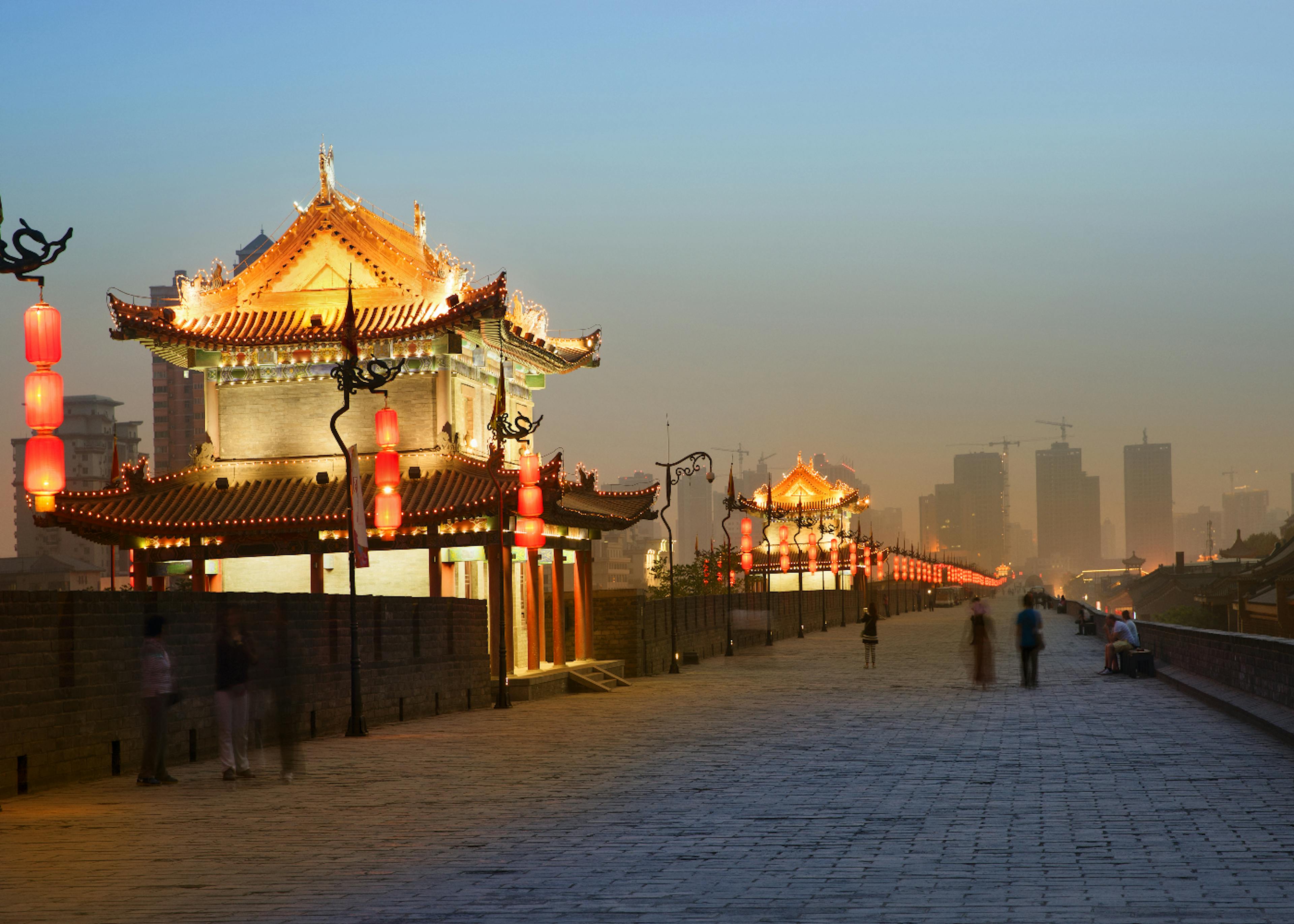Share Class
FR0010149302
Grasping the most promising opportunities within the emerging universe
- A concentrated and high conviction portfolio seeking high alpha generation across the diversified emerging market universe.
- A Fund focused on selecting high-quality companies that offer attractive long-term growth prospects, with sound financials and sustainable profitability.
- A sustainable Fund that aims to positively contribute to the environment and society while seeking to achieve a low carbon footprint.
Key documents
Asset Allocation
Equities95.1 %
Other4.9 %
Data as of: Jan 30, 2026.
Risk Indicator
1
2
3
4
5
6
7
Lowest risk
Highest risk
Recommended Minimum Investment Horizon
5 years
Cumulative Performance since launch
Cumulative Performance 10 YearsCumulative Performance 5 YearsCumulative Performance 3 YearsCumulative Performance 12 Months
+ 958.0 %
+ 130.5 %
- 1.2 %
+ 42.1 %
+ 27.9 %
To 12/02/2026
Calendar Year Performance 2016Calendar Year Performance 2017Calendar Year Performance 2018Calendar Year Performance 2019Calendar Year Performance 2020Calendar Year Performance 2021Calendar Year Performance 2022Calendar Year Performance 2023Calendar Year Performance 2024Calendar Year Performance 2025
+ 1.4 %
+ 18.8 %
- 18.6 %
+ 24.7 %
+ 44.7 %
- 10.7 %
- 15.6 %
+ 9.5 %
+ 4.6 %
+ 23.1 %
Net Asset Value
1612.85 €
Asset Under Management
1 325 M €
Net Equity Exposure30/01/2026
95.1 %
SFDR - Fund Classification
Article
9
Data as of: Jan 30, 2026.
Data as of: Feb 12, 2026.
Past performance is not necessarily indicative of future performance. Performances are net of fees (excluding possible entrance fees charged by the distributor).
The return may increase or decrease as a result of currency fluctuations, for the shares which are not currency-hedged.
Sustainable Finance Disclosure Regulation (SFDR) 2019/2088. The SFDR classification of the Funds may change over time.
Carmignac Emergents fund performance
Take a look at the Fund's performance supported by our Fund managers’ market commentary and strategy insight.
Our monthly comments
Data as of: Jan 30, 2026.Fund management team
![[Management Team] [Author] Hovasse Xavier](https://carmignac.imgix.net/uploads/NextImage/0001/18/%5BManagement-Team%5D-%5BAuthor%5D-Hovasse-Xavier-1.png?auto=format%2Ccompress&fit=fill&w=3840)
Xavier HOVASSE
Head of Emerging Equities, Fund Manager

Performance commentary
- Against this backdrop, the fund delivered a solid absolute performance over the month, although it underperformed its reference indicator.
- The strategy benefited from its exposure to Korean equities, notably through strong rebounds in SK Hynix and Hyundai Motor. Hyundai’ s share price was supported by several strategic announcements, including a partnership with Google, the unveiling of its Atlas humanoid robot, and plans to build a manufacturing facility capable of producing up to 30,000 robots per year by 2028. These developments reinforced its positioning in next-generation technologies.
- Our selective overweight exposure to Latin America, particularly Mexico and Brazil, also contributed positively, notably through holdings such as Grupo Banorte and Axia Energia.
- Conversely, in a month marked by strong rallies in Korean and Taiwanese markets, our relative underweight positioning in these markets detracted from relative performance.
Outlook strategy
- After several years in the shadow of developed markets, emerging market equities are showing clear signs of structural revival. We believe a longer-term rally remains supported by a weaker US dollar, prospective interest rate cuts, improvements in corporate governance and industrial policy, exposure to AI-related supply chains and continued earnings growth.
- The global environment in 2026 should remain constructive but increasingly selective. Returns are likely to be more earnings-driven, favouring companies with structural growth, visible profit trajectories and strong balance sheets rather than broad cyclical exposure.
- The fund is well positioned through a balanced portfolio combining quality growth stocks exposed to high-growth structural themes with quality companies offering more moderate growth but higher yields, supported by solid balance sheets and strong cash flow generation.
- Asia remains a core pillar of the portfolio, particularly through exposure to the AI and semiconductor value chains, where demand for advanced computing power continues to accelerate. We maintain positions in SK Hynix, TSMC and Asia Vital Components. During the month, we increased exposure to the memory segment by reinitiating a position in Samsung Electronics and adding Lotes, a key Taiwanese electronics supplier.
- China continues to follow a two-speed growth trajectory, with stabilisation but limited prospects for meaningful re-acceleration given the authorities’ reluctance to deploy large-scale stimulus. Rather than broad market exposure, we focus on selective opportunities linked to innovation. During the month, we initiated a position in Tencent Music Entertainment, the leading music streaming platform in China.
- Despite a challenging 2025, the long-term growth story in India and South-East Asia remains intact. In India, reduced tariff uncertainty can lead to improved sentiment, but elevated valuations and lower forward earnings growth versus EM peers warrant continued selectivity, favouring high-quality domestic franchises.
- In Latin America, we maintain selective exposure to Mexico and Brazil, where political noise continues to create mispricing opportunities. Following a strong year, we reduced exposure by exiting positions such as Hapvida.
Performance Overview
Data as of: Feb 12, 2026.Past performance is not necessarily indicative of future performance. Performances are net of fees (excluding possible entrance fees charged by the distributor).
From 01/01/2013 the equity index reference indicators are calculated net dividends reinvested.
The return may increase or decrease as a result of currency fluctuations, for the shares which are not currency-hedged.
Source: Carmignac at 13/02/2026
Carmignac Emergents Portfolio overview
Below is an overview of the composition of the portfolio.
Geographical Breakdown
Data as of: Jan 30, 2026.| Asia | 84.1 % |
| Latin America | 15.2 % |
| Eastern Europe | 0.8 % |
To Access the weekly view
Key figures
Below are the key figures for the Fund, which will give you a clearer idea of the Fund's management and equity positioning.
Exposure Data
Data as of: Jan 30, 2026.Equity Investment Weight95.1 %
Net Equity Exposure95.1 %
Number of Equity Issuers40
Active Share78.2 %
To Access the weekly view
The strategy in a nutshell
Discover the Fund’s main features and benefits through the words of the Fund Managers.
Fund Management Team
![[Management Team] [Author] Hovasse Xavier](https://carmignac.imgix.net/uploads/NextImage/0001/18/%5BManagement-Team%5D-%5BAuthor%5D-Hovasse-Xavier-1.png?auto=format%2Ccompress&fit=fill&w=3840)
Xavier HOVASSE
Head of Emerging Equities, Fund Manager


For over 30 years, Carmignac has been a pioneer in emerging markets. The combination of our fundamental financial analysis and our extra-financial approach, strengthened over the years, enables us to navigate emerging markets through our dedicated strategy.
![[Management Team] [Author] Hovasse Xavier](https://carmignac.imgix.net/uploads/NextImage/0001/18/%5BManagement-Team%5D-%5BAuthor%5D-Hovasse-Xavier-1.png?auto=format%2Ccompress&fit=fill&w=3840)
Xavier HOVASSE
Head of Emerging Equities, Fund Manager
Articles that may interest you

Strategies insights • January 26, 2026 • English
Carmignac Portfolio Emergents: Letter from the Fund Managers - Q4 2025
3 minute(s) read
Did you enjoy the fund page?
Reference to certain securities and financial instruments is for illustrative purposes to highlight stocks that are or have been included in the portfolios of funds in the Carmignac range. This is not intended to promote direct investment in those instruments, nor does it constitute investment advice. The Management Company is not subject to prohibition on trading in these instruments prior to issuing any communication. The portfolios of Carmignac funds may change without previous notice.
The reference to a ranking or prize, is no guarantee of the future results of the UCIS or the manager.
The Fund is a common fund in contractual form (FCP) conforming to the UCITS Directive under French law.
The information presented above is not contractually binding and does not constitute investment advice. Past performance is not a reliable indicator of future performance. Performances are net of fees (excluding possible entrance fees charged by the distributor), where applicable. Investors may lose some or all of their capital, as the capital in the UCI is not guaranteed. Access to the products and services presented herein may be restricted for some individuals or countries. Taxation depends on the situation of the individual. The risks, fees and recommended investment period for the UCI presented are detailed in the KIDs (key information documents) and prospectuses available on this website. The KID must be made available to the subscriber prior to purchase.). The reference to a ranking or prize, is no guarantee of the future results of the UCITS or the manager.
.png)



Market environment